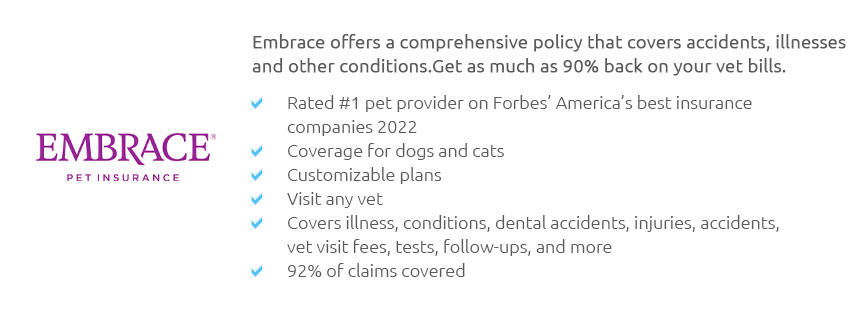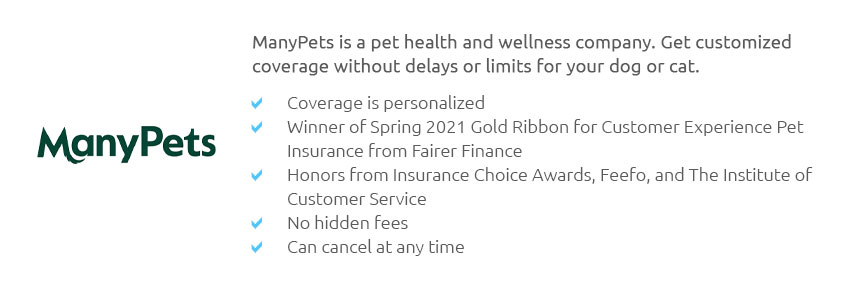 |
 |
 |
 |
 |
 |
|
 |
|
 |
|
 |
|
 |
|
 |
 |
 |
 |
 |
 |
 |
 |
Understanding Cat Insurance Plans: A Comprehensive GuideThe concept of cat insurance might seem like an unnecessary luxury to some, but for the discerning pet owner, it represents a critical safeguard against unforeseen veterinary expenses. Much like our own health insurance, cat insurance provides a financial safety net, ensuring that our feline companions receive the best care possible without the looming threat of exorbitant bills. With the increasing costs of veterinary care, having a robust insurance plan can make all the difference when your pet faces health challenges. Cat insurance plans vary widely in terms of coverage and cost, which means choosing the right plan requires careful consideration of your pet's specific needs and your financial circumstances. Some plans cover routine check-ups and vaccinations, while others focus solely on accidents and illnesses. It is vital to scrutinize the fine print, understanding what is included in your policy and, perhaps more importantly, what is excluded. Pre-existing conditions, for instance, are typically not covered, a common stipulation that pet owners must navigate. Beyond basic coverage, many insurers offer add-ons such as wellness plans that cover routine care, dental plans for oral health, and even alternative therapy options, which can include acupuncture or chiropractic treatments. These additional layers of protection can be particularly beneficial for cats that are prone to specific health issues or for owners who prefer a holistic approach to pet care. However, these extras come at a cost, necessitating a balance between comprehensive coverage and budgetary constraints. One of the subtle yet significant advantages of cat insurance is the peace of mind it offers. Knowing that you are financially prepared for your pet's medical emergencies allows you to focus on their recovery rather than the potential financial burden. It's a small investment in ensuring that your beloved cat can live a long, healthy life with access to top-tier medical care. When selecting a cat insurance plan, it is advisable to compare multiple providers, taking into account factors such as reimbursement levels, deductibles, and annual limits. Reviews from other pet owners can provide valuable insights into the claims process and customer service quality of different insurers. A higher monthly premium may offer more comprehensive coverage, but it's crucial to weigh this against your cat's specific healthcare needs and your financial situation. In conclusion, while cat insurance may not be necessary for every pet owner, it is a worthwhile consideration for those who wish to mitigate the financial risks associated with pet healthcare. By selecting the right plan, you ensure that your feline friend has access to necessary medical treatments, contributing to their overall well-being and longevity. Frequently Asked QuestionsIs cat insurance worth the cost?For many pet owners, cat insurance is indeed worth the cost, particularly if it provides peace of mind and financial security in the event of unexpected medical issues. It can save significant amounts on costly treatments and ensure pets receive necessary care without delay. What does cat insurance typically cover?Most cat insurance plans cover accidents and illnesses, though coverage specifics vary. Some plans also include routine care like vaccinations, while others might offer additional coverage for dental care or alternative treatments. Are pre-existing conditions covered by cat insurance?Generally, pre-existing conditions are not covered by cat insurance plans. It's important to check the policy details to understand exclusions before purchasing insurance. How can I choose the best cat insurance plan?To choose the best plan, compare coverage options, costs, reimbursement levels, and customer reviews. Consider your cat’s specific health needs and your budget to find a plan that offers the best balance of coverage and affordability. What factors affect the cost of cat insurance?Several factors influence the cost of cat insurance, including the cat's age, breed, and health history, as well as the level of coverage chosen. Higher coverage limits and lower deductibles generally increase premiums. https://www.lemonade.com/pet/cats
Covers procedures like spaying or neutering, microchipping, six vaccinations, and more! Get a kitten package. Covers procedures like spaying or neutering, ... https://www.usnews.com/insurance/pet-insurance
Pumpkin is the best pet insurance overall, according to our research. Lemonade offers the lowest average rates in our study making it a good option for pet ... https://www.aflac.com/individuals/products/pet-insurance.aspx
That's why we've partnered with Trupanion1, the #1 rated pet insurance company by veterinarians2, to offer outstanding pet insurance for dogs and cats. If your ...
|